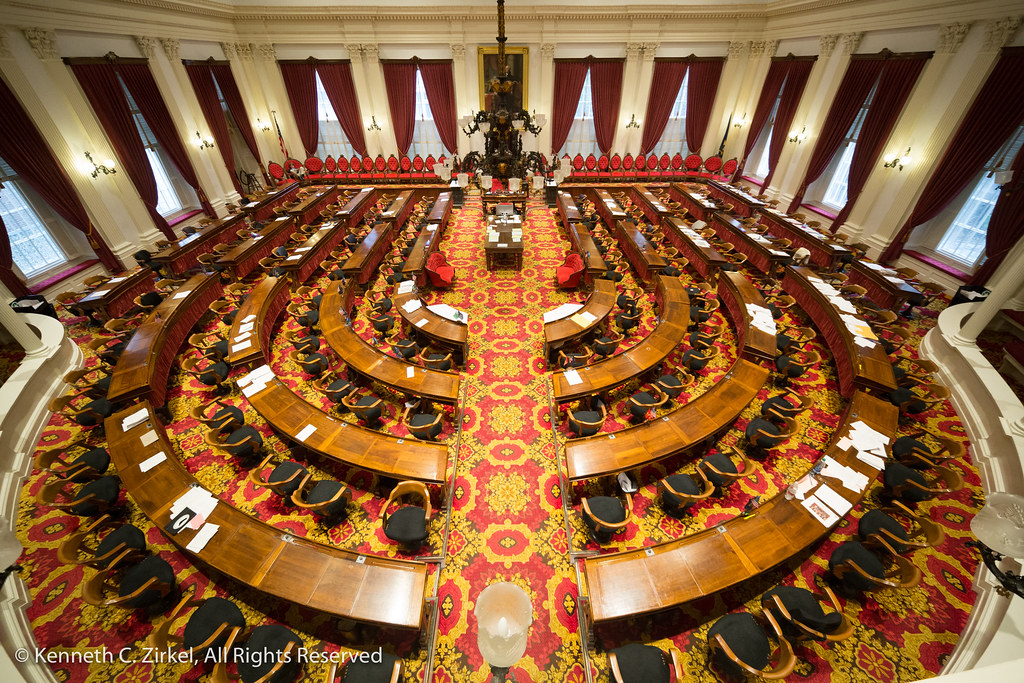Bill Updates
- S.113 Chemical Regulation: The House Judiciary Committee and House Commerce Committee passed S.113. The bill does not address concerns raised by the Vermont Chamber regarding whether insurance can be written for manufacturers regarding medical monitoring claims for persons exposed to a proven toxic substance.
- H.159 VEDA Forgivable Loans: The bill is making stops in the Senate money committees before a vote by the full Senate expected soon. The House Commerce and Economic Development Committee received an overview from VEDA of the forgivable loan program in its current form. The Vermont Chamber is connecting with Committee members to continue improving the program.
- H.715 Clean Heat Standard: The Senate Natural Resources and Energy Committee began debate on the Clean Heat Standard, H.715, which would require the Public Utility Commission to design a credit trading system in which heating fuel sellers will have to pay others to reduce their customer’s heating oil and propane consumption if they don’t do it themselves. VFDA’s Matt Cota and PGANE’s Leslie Anderson testified to ask the committee to make substantial changes to the bill including a “Check Back” amendment.
- H.624 Creative Sector: The Senate Economic Development, Housing, and General Affairs Committee took up this bill after it passed the House last week. The Vermont Chamber supports the goals in the bill but does not want to see funding meant to support businesses recovering from the pandemic siloed off for only the creative sector to utilize.
- H.329 Discrimination: The House General, Housing, and Military Affairs Committee continued working on new language for the bill with a goal of attaching it to H.320 if the Senate sends that bill back to them with amendment. Absent this procedural maneuver, there is no path forward for the bill, which missed crossover.
SHARE THIS ARTICLE
RECENT NEWS





